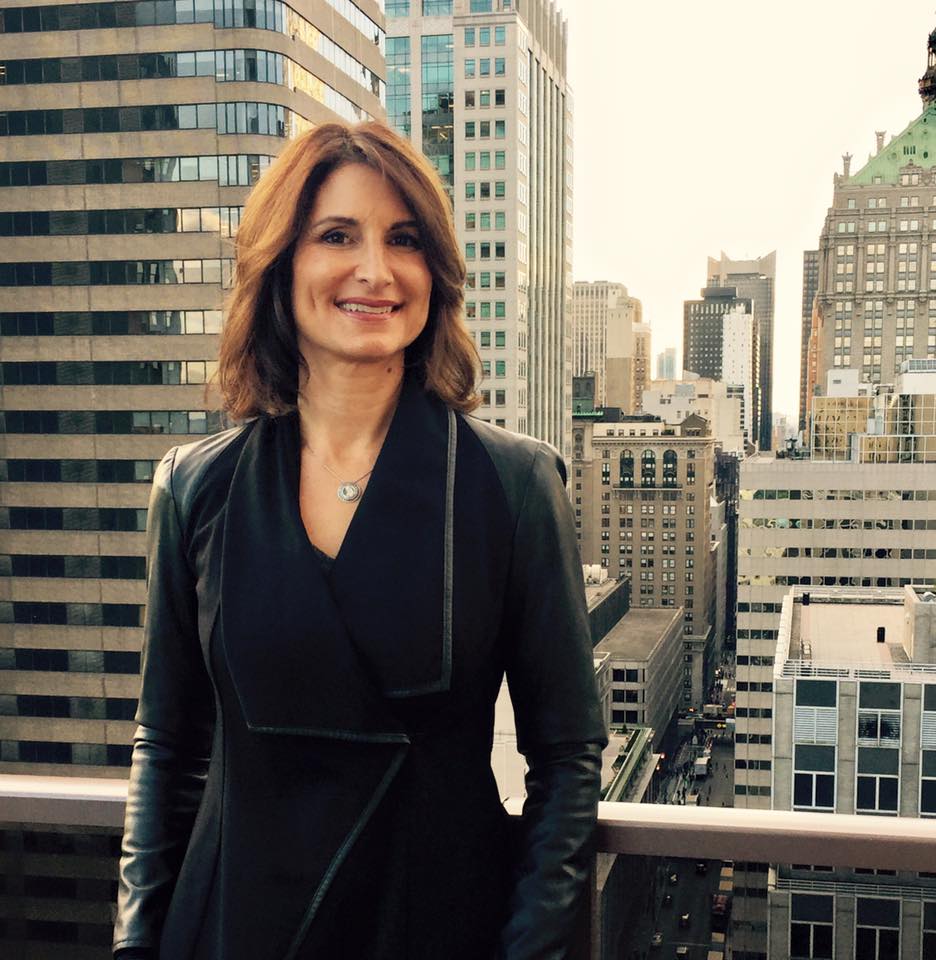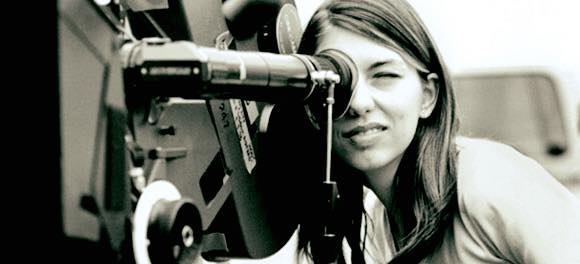by Shirin Taber*
We live in a remarkable age in where women’s rights in the workplace are gaining unprecedented traction. But as we approach the tipping point of global change, so are the forces that oppose it. As millions promote liberty around the world, too often the critical factor of religious freedom is overlooked in our conversation about gender equality in the business world.
Over the years, I have become passionate about religious freedom and its impact on women’s rights. My exposure to religious freedom was birthed in many ways while growing up in a home with an Iranian Muslim father and an American Christian mother.
My mother passed away from cancer when I was 14, so her spiritual role in my life was limited. Even though my father was a practicing Muslim, he never pressured me to follow his faith as he did. In fact, he encouraged me to think for myself, explore new ideas, play sports, travel abroad, and determine my own spiritual path. The religious freedom he allowed me became a conduit to uncover my personal faith, talents, vocation, and calling to help empower marginalized women.
I have also learned that women’s empowerment and success in the business world cannot occur without religious freedom. Women around the world must be able to choose their own faith perspective. Religion cannot be handed down to them by male-dominated communities. A woman’s choice regarding religion (and its practices) will be one of the greatest factors that impacts her personal peace and development.
In response to the research showing that religious freedom empowers women, the network I direct, Middle East Women’s Leadership Network (MEWLN), and the Religious Freedom & Business Foundation (RFBF) are partners in the Religious Freedom & Business Film Competition.
In our age of media, we believe the important message of women’s rights connection to religious freedom must be shared as widely as possible. Furthermore, we believe we must create visual narratives which encourage indigenous leaders to advance the legal principals of freedom of thought, conscience, religion or belief for every person without distinction.
The goal of the film competition is to challenge filmmakers around the world to create short films that showcase how religious freedom leads to innovation, peace, security, entrepreneurship, and human flourishing in communities.
Strategically, these short films were shown at the 2018 Global Business & Interfaith Peace Awards ceremony. The grand prize winner of the 2018 competition received $5,000 and a trip to present her work. Additionally, the wining films are being shared with religious freedom networks, NGOs, and faith based organizations around the world.
My father impacted my life in many ways, but mostly I am grateful that he allowed me to choose my own religious identity, from which many of my personal freedoms and life accomplishments flow. I hope the same for the next generation.
The winning and finalist films include:
- – $5000 GOLD GRAND PRIZE: Love Has No Borders (by Christy Anastas and Deborah Paul)
- – SILVER FIRST RUNNER UP: Global FC (by Mariya Dostzadah Goodbrake)
- – SECOND RUNNER UP: Equations (by Nancy Sawyer Schraeder and Naji Hendrix)
- – THIRD RUNNER UP: Clarkston (by Erin Berhardt)
- – FINALIST: Paper Dresses (by Lizzie Chaplin)
For more details about the competition and sample films, visit the MEWLN website or contact Shirin Taber, MEWLN Director, at shirin@visualstory.org.
* Shirin is Iranian-American and the author of Muslims Next Door (Zondervan) and Wanting All the Right Things (Relevant). The Los Angeles Times, Detroit Free Press, Fox News Christianity Today and NewYorkTimes.com have featured her writing and work among Muslims and Christians alike. She served with Cru, Inspirational Films and the Christian Broadcasting Network. Shirin is passionate about helping women become world-class leaders by creating media for their mission. Partnering with various United Nations, NGOs and faith-based agencies, she helps leaders develop media strategies to expand their visibility and outreach platforms. She is a graduate of the University of Washington and speaks French, Farsi and English.


